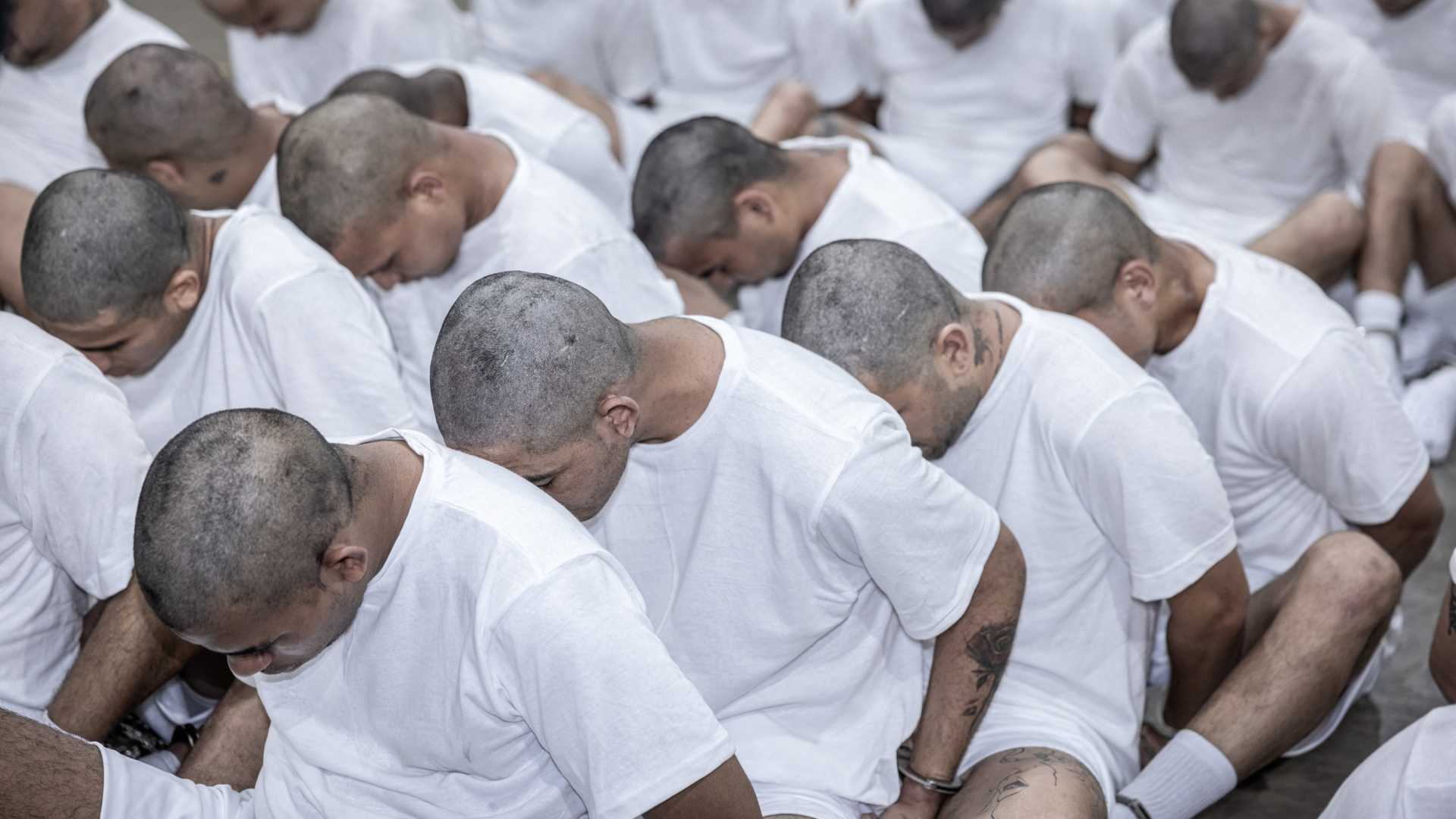Politics
Judge Challenges Trump Administration’s Legal Basis for Deportation

NEWARK, N.J. — A New Jersey judge is pressing the Trump administration for legal justification regarding the deportation of Mahmoud Khalil, a Palestinian activist and Columbia University graduate. Khalil, who holds a green card, was detained by U.S. Immigration and Customs Enforcement (ICE) in March and is currently held at a detention center in Louisiana.
In a habeas corpus petition, Khalil’s attorneys challenged his detention, demanding that the government provide legal precedents for their actions. When Judge Michael Farbiarz asked for examples of how the government has used the legal provision in question, his request was met with a formal objection from the administration.
The 1952 Immigration and Nationality Act gives the Secretary of State the authority to deport individuals whose presence may pose “potentially serious adverse foreign policy consequences.” In this case, Secretary of State Marco Rubio has named Khalil as well as other students, citing their involvement in protests as grounds for removal.
Last Friday, Judge Farbiarz gave the government until 5 p.m. to deliver examples of prior applications of the law. However, government attorneys claimed they lacked resources and were overwhelmed with competing cases. They filed a complaint stating that the judge’s request was “misguided,” arguing that preparing such documentation would amount to unnecessary expedited discovery.
Despite their objections, the attorneys eventually submitted a list featuring seven instances where the provision was invoked. This list included individuals with ties to terrorism and political violence, but lacked relevance to Khalil’s situation, raising questions about the legal soundness of the administration’s case.
Legal experts have voiced concerns that the invocation of the law against Khalil would represent a significant abuse of executive power. Several judges have rebuked government attorneys throughout various cases, criticizing the quality of their legal arguments and the implications of their directives.
Rubio stated that Khalil’s activism fosters a hostile environment for Jewish students, a claim disputed by Khalil’s peers who emphasize his commitment to social justice for all communities. The ongoing case illustrates the tension between national security concerns and civil rights protections.
As litigation proceeds, Khalil’s supporters and legal advocates argue that his deportation would set a dangerous precedent for free speech and protest rights in the U.S.












